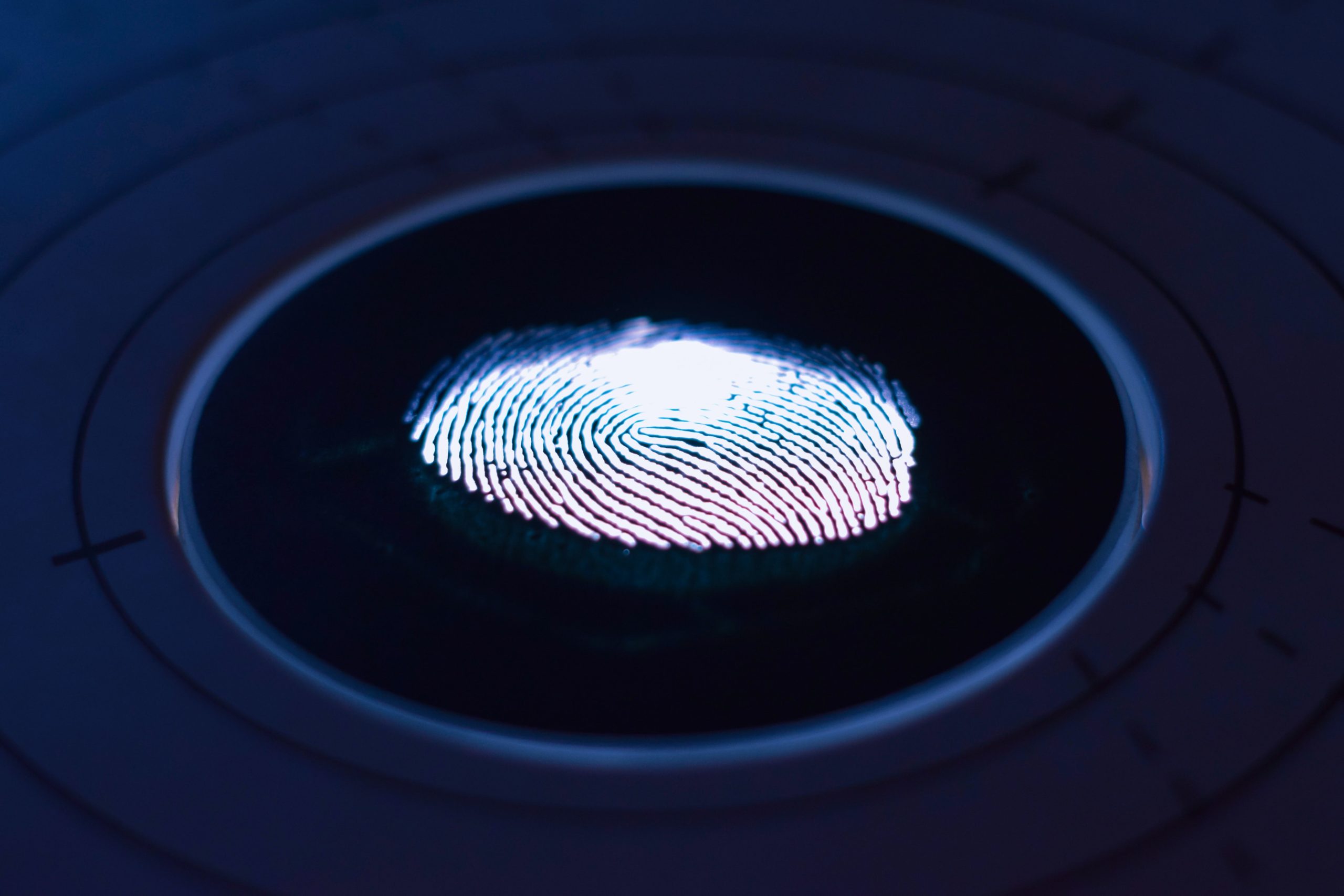

🔬 Original article by Azfar Adib, who is currently pursuing his PhD in Electrical and Computer Engineering in Concordia University in Montreal, with research focus on ECG based age verification. He is a Senior Member in the Institute of Electrical and Electronic Engineers (IEEE).
Have you been ever asked to proof your age or verify your identity while you tried to buy any product or service? Many readers here may answer yes to this question. Whether it’d be buying a bottle of wine or signing up for our first driving lesson, age-verification requirements have existed for long. Similarly, a wide range of online applications now requires age-verification before providing service or content access to users. So, in this digital age, this has become a broad area of research and product development.
According to a report by MarketsandMarkets, global market of identity verification is expected to grow from USD 7.6 billion in 2020 to USD 15.8 billion by 2025 [1]. In its recent directory, “Digital ID & Authentication Council of Canada” (DIACC) has enlisted 73 member companies providing a variety of digital authentication services in a continuously growing market [2].
Age verification is becoming crucial in various dimensions. An increasingly under-18 digital population has heightened pressure from regulatory and non-regulatory entities on service providers to implement more stringent assurances, so that children are kept safe online. Also, age verification is no longer just limited to segregation between adult and under-aged ones, it has other applications too. For instance, estimating age of unidentified patients in hospital emergency can be a crucial decision for physicians.
So accuracy and consistency of age verification tools are quite crucial. Equally important is to maintain their ethical standards; particularly privacy, bias-avoidance and data security. Advancement of AI is playing a key role here. Let us have a look that at some key transformation occurring in this arena:
From paper-based to digital:
Paper based identification documents (like- driving license, health card or other government issued ID documents) have been the most prevalent verification scheme during in-person transactions. For digital transactions and often during in-person transactions also, their paperless versions (picture of ID documents) are widely used.
The concurrent trend, particularly fueled by the COVID-19 pandemic, is inclining more towards to the paperless version and beyond. In a survey carried out by Interac in August 2020 among adult Canadians, majority of the respondents expressed hygiene concerns around physical ID. They were also concerned to keep their identity data safe online, and felt is risky to take a picture of a physical ID [3]. Fraudulent activities are indeed becoming a major concern here for both users and service providers. This indicates the need for more secured and seamless digital identification schemes.
Emergence of biometrics
Biometric identification, being widely used across the globe, enables automated recognition of individuals through certain physiological characteristics like- facial image, fingerprint, iris, voice, gait, signature, heart signal, gait etc. A research by Juniper has predicted that 95 percent of mobile users will adopt biometrics for authentication by 2025. Interestingly, as this research showed, face biometrics expansion was not slowed down by increased face mask usage during COVID-19 pandemic [4].
Cutting-edge machine learning schemes have been playing a pivotal role in enhancing accuracy in biometrics. However, biometrics are a form of deterministic data, where people are identified by matching with their previously stored record, mostly through supervised algorithms. While facial recognition often claims high classification accuracy (over 90%), these outcomes may not be universal. Some research (like the 2018 “Gender Shades” project research carried out by MIT Media Lab and Microsoft Research) exposes increasing error rate of facial recognition across marginalized demographic groups, with the poorest accuracy consistently found in subjects who are female, Black, and 18-30 years old. Overcoming such bias remains a continuous endeavour for researchers-developers [5].
Despite increasing level of implementation, some people still remain reluctant to use biometrics, especially when it involves their image capturing, voice recording or physical touch. So contactless, non-vocal and non-facial biometric schemes are also being developed as alternates. A very recent example is finger vein-based biometrics to verify a person’s COVID-19 vaccination status, being developed by Hitachi and Kyushu University in Japan [6].
Non-anonymous identification to anonymous identification
As users are becoming more conscious regarding their data and privacy, they are preferring more controls over where their data is shared. In a July 2021 survey conducted by Liminal, a quarter of consumers stated that they actively avoided using fingerprint or facial biometrics on smartphones due to privacy concerns. Three-quarters of consumers desired to control and revoke access to their identity data any time [7].
Such demand from users puts forth the relatively novel concept of anonymous age verification. In existing technologies, age verification is actually a part of a holistic authentication scheme, where individuals get completely identified based on their previously stored credentials. The purpose of anonymous age verification is to estimate any person’s age (or age range) instantly from certain biometrics data, without any prior info about them, thus avoiding their complete identification.
From technological and biological perspectives this remains a daunting task, but research on this is continuing, mostly through a combination of supervised and un-supervised algorithms. In a study jointly carried out in Michigan State University and Beihand University based on GAN (Generative Adversarial Network), researchers have estimated age progression through facial analysis with accuracies of over 99% [8]. Age estimation is also being attempted from ECG (Electrocardiogram), which has recently emerged as a promising biometric scheme [9].
As age-verification tools keep evolving, artificial intelligence will obviously continue its dominant role in this journey of continuous enhancement. Ethical considerations need to be at the core of this progress. And we may not be far away from a world where just an instant biometric signal will be enough to identify our age, without any document or prior data.
References
1. https://www.marketsandmarkets.com/Market-Reports/identity-verification-market-178660742.html
2. https://diacc.ca/membership/diacc-members/
3. https://newsroom.interac.ca/core-principles-for-building-digital-identity-in-canada/
4. https://www.juniperresearch.com/whitepapers/how-to-maximise-mobile-payment-security
5. http://proceedings.mlr.press/v81/buolamwini18a/buolamwini18a.pdf
6. https://www.biometricupdate.com/202110/hitachi-trials-vein-biometrics-to-verify-vaccination-records
7. https://liminal.co/articles/bio-shock-is-biometric-avoidance-more-than-digital-luddism/
